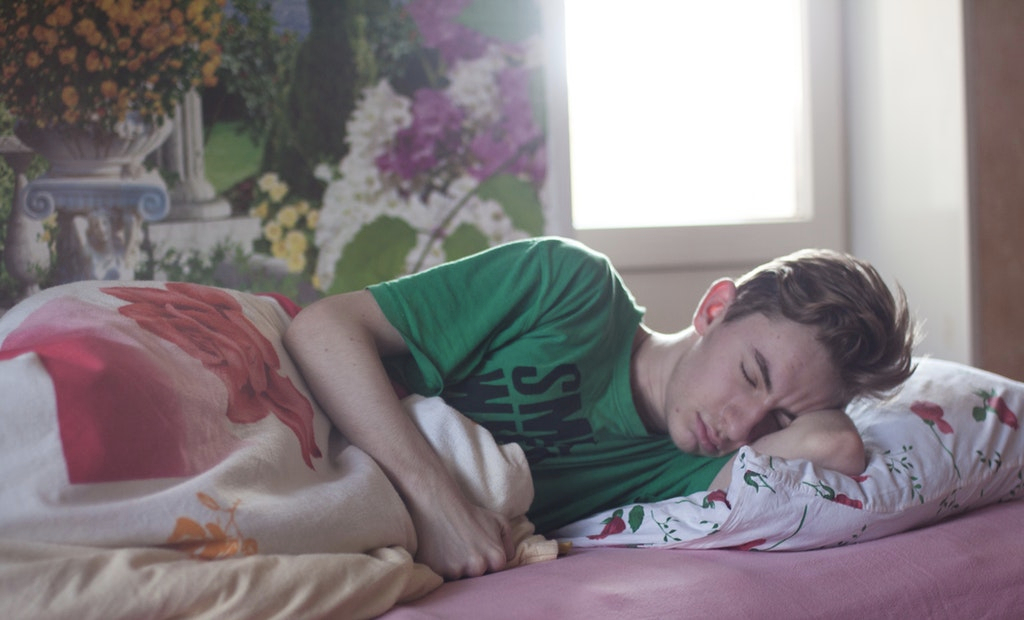Insomnia: The dream of that perfect night’s sleep

Insomnia is troubling both sides of the Atlantic and while sleeplessness is big business, worth over $32 billion, it’s an even bigger economic problem.
According to recent studies, one in three of us struggles with sleeplessness and one in ten has a diagnosed sleep disorder.
So why are we losing sleep? Professor Nathaniel F Watson, president of the American Board of Sleep Medicine, said that since the 2008 recession more and more people lay awake at night worrying about their financial situation and job security.
A new study published last autumn by the Lighting Research Centre, at the Rensselaer Polytechnic Institute in New York, confirmed that “blue lights” from the screens of smartphones, tablet computers and e-readers are particularly disruptive for our sleep. They suppress melatonin, making us feel more alert.
The results of this study are perfectly in line with the findings of Steven Lockley, the co-author of Sleep: A Very Short Introduction. He said: “You should never take a laptop or mobile phone to bed, as the quality of sleep you have afterwards will leave you tired the next day.”
Medical factors such as anxiety or depression, drinks containing caffeine or alcohol and physical triggers such as a hot room might play a part in causing poor sleep.
Marianne Davey, director of the British Snoring and Sleep Apnoea Association said: “As a nation we are working longer, so we have more stress and anxiety in our lives.[…]Disrupted sleep can be short or long-term: somebody who has a busy lifestyle may not be getting sufficient sleep to function.”
It has been demonstrated that sleeping fewer than six hours a night can put us at risk of high blood pressure, stroke, diabetes and heart disease.
However, the lack of sleep is not only dangerous for our health, but also it is responsible for an incredibly high number of insomnia-related workplace accidents, whose average cost has been estimated in the US to be slightly more than $32,000 annually.
Insomnia is not only one of the increasing causes of workplace accidents, but also costs an average of $2,280 per worker in reduced productivity every year, a total of $63.2 billion to the economy, says Ronald C Kessler, lead author and McNeil Family Professor of Health Care Policy at Harvard Medical School.
With increasing numbers of insomniacs, a huge “sleep industry” has flourished both in the UK and US creating hundreds of products meant to induce sleep or facilitate a healthy nightly routine. Recent figures claim that the global sleep economy is worth more than £20 billion.
The most common remedy against insomnia, prescribed to 12 million patients in the UK in 2011 is sleeping pills. The majority are benzodiazepines, such as diazepam (Valium) and temazepam (Restoril). Sleeping tablets work for many but have also a vast array of side effects such as memory problems, or daytime grogginess.
Professionals like Prof Lockley are doubtful of the effects of pills. Lockley said: “[…]they are always short-term solutions. People trying to find an easy solution in a pill, rather than the more difficult solution of changing their lifestyle, will be disappointed.”
Increasing numbers of people suffering from insomnia and sleep-related problems have tried techniques like cognitive behavioural therapy (CBT) and hypnosis. This trend is proven to gain new followers by the week as more than 3,500 practitioners across England are trained to deliver this type of CBT. The sleep-obsessed nation would stop against nothing for the “perfect night’s sleep”.
However, sleep experts such as Prof Lockley and Mr Kessler agree, saying that the most effective remedy for sleeplessness is the old-fashioned one: a comfortable bed, firm pillow and a cool, dark room that, for most people, will induce sleep in no time. Ditching the laptop for an old-fashioned book would probably help too.
Annalisa Ratti





















Facebook
Twitter
Instagram
YouTube
RSS